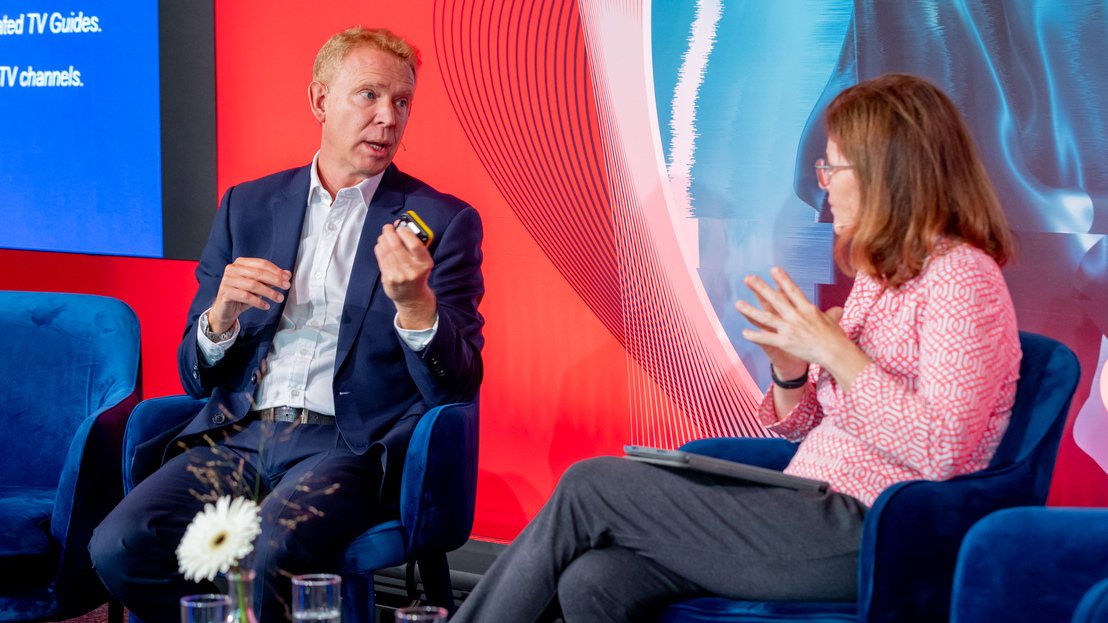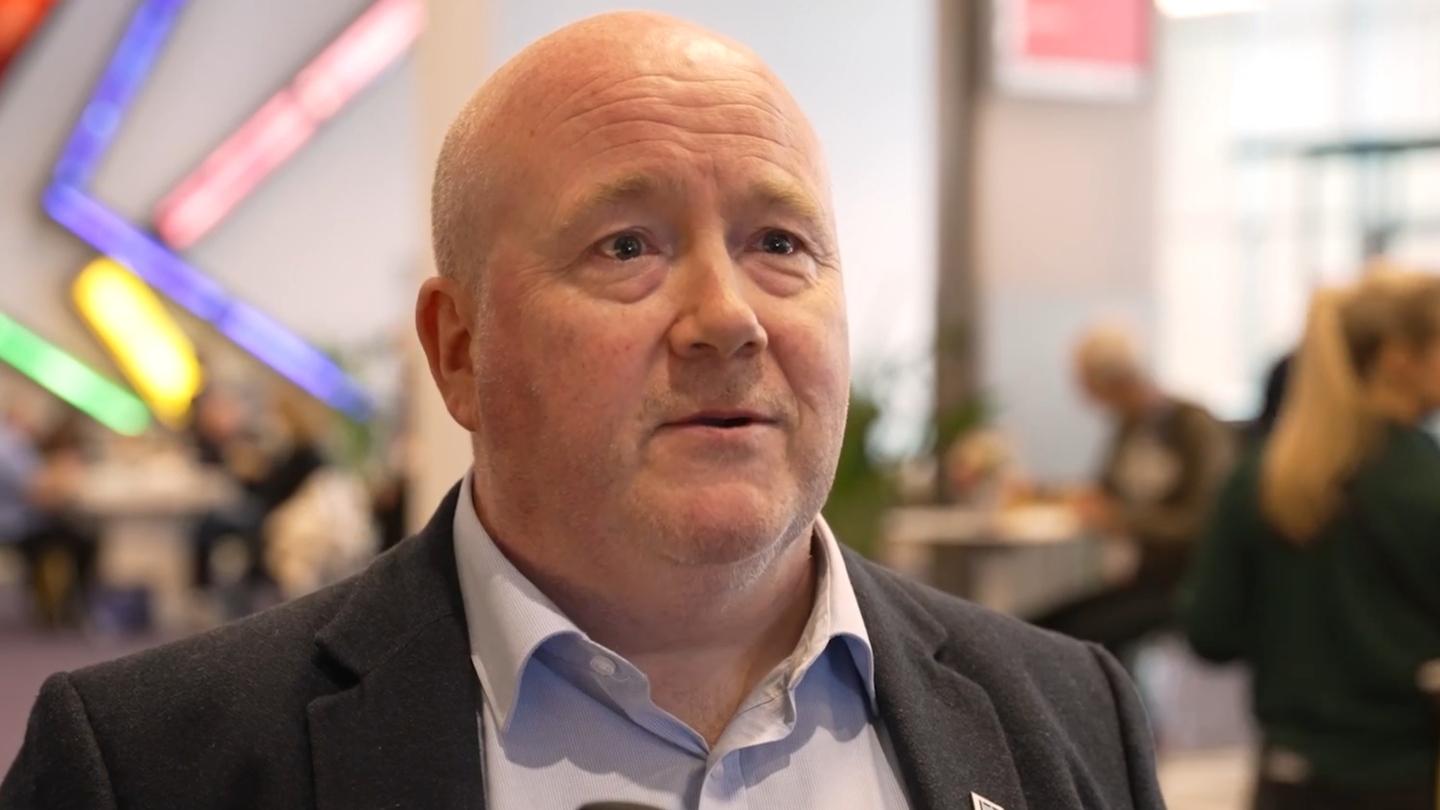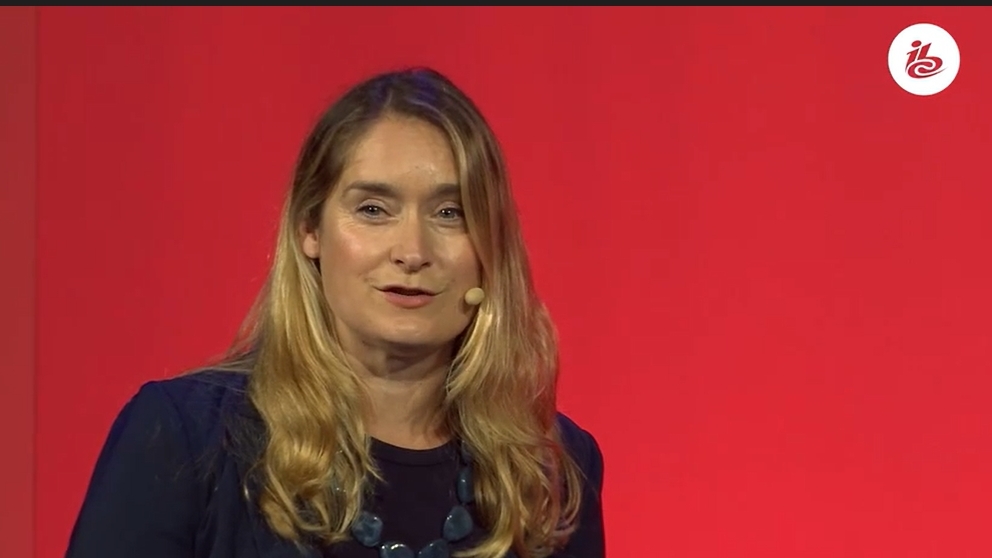FAST has proved an attractive – if challenging – way of filling a key gap left by basic cable channels in Virgin Media O2’s line-up, according to David Bouchier, chief TV and entertainment officer, Virgin Media O2.
Speaking on a fireside chat session on Day 2 of IBC, Bouchier said that Virgin Media O2 (VMO2) has a premium business that is booming, with a raft of new premium streamers being integrated into the platform.
The gap in the line-up, however, is basic channels – where cable faces competition with connected TV. Bouchier said that the company had lost a number of basic channels as a result of changes in the market...
You are not signed in.
Only registered users can view this article.

IBC Accelerator programme kicks off in February
The IBC Accelerator Kickstart Day takes place at BBC Broadcasting House in London on 12 February 2025 and you can register to attend here.

IBC2024 sees growth across the board as AI takes centre stage
IBC2024 has announced that 45,085 visitors from 170 countries converged on the RAI Amsterdam on 13-16 September, bringing together the global media, entertainment and technology community to connect, showcase and discover innovations, tackle pressing industry challenges, and explore new opportunities.

Mstyslav Chernov warns of the impact of narrative manipulation in modern warfare
Journalist, filmmaker and war correspondent Mstyslav Chernov shared insights into his experiences covering conflicts, particularly the war in Ukraine, during an interview closing out this year’s IBC conference sessions.

Diverse hiring policies and established mentoring schemes essential for engaging future generations
IBC Talent Programme Part 1: At the wrap-up session on the final day of the conference, the IBC Talent Program highlighted the vital role diversity plays in shaping the future of the broadcasting industry.

IBC2024 celebrates pioneering media initiatives as it announces winners of IBC Innovation Awards
Innovative sports media and internationally acclaimed video journalism were celebrated today as the winners of the prestigious IBC Innovation Awards were announced at the RAI Amsterdam. The awards honoured the ground-breaking work of organisations transforming the media, entertainment and technology landscape, and recognise collaborative efforts to develop solutions that address real-world industry challenges.





